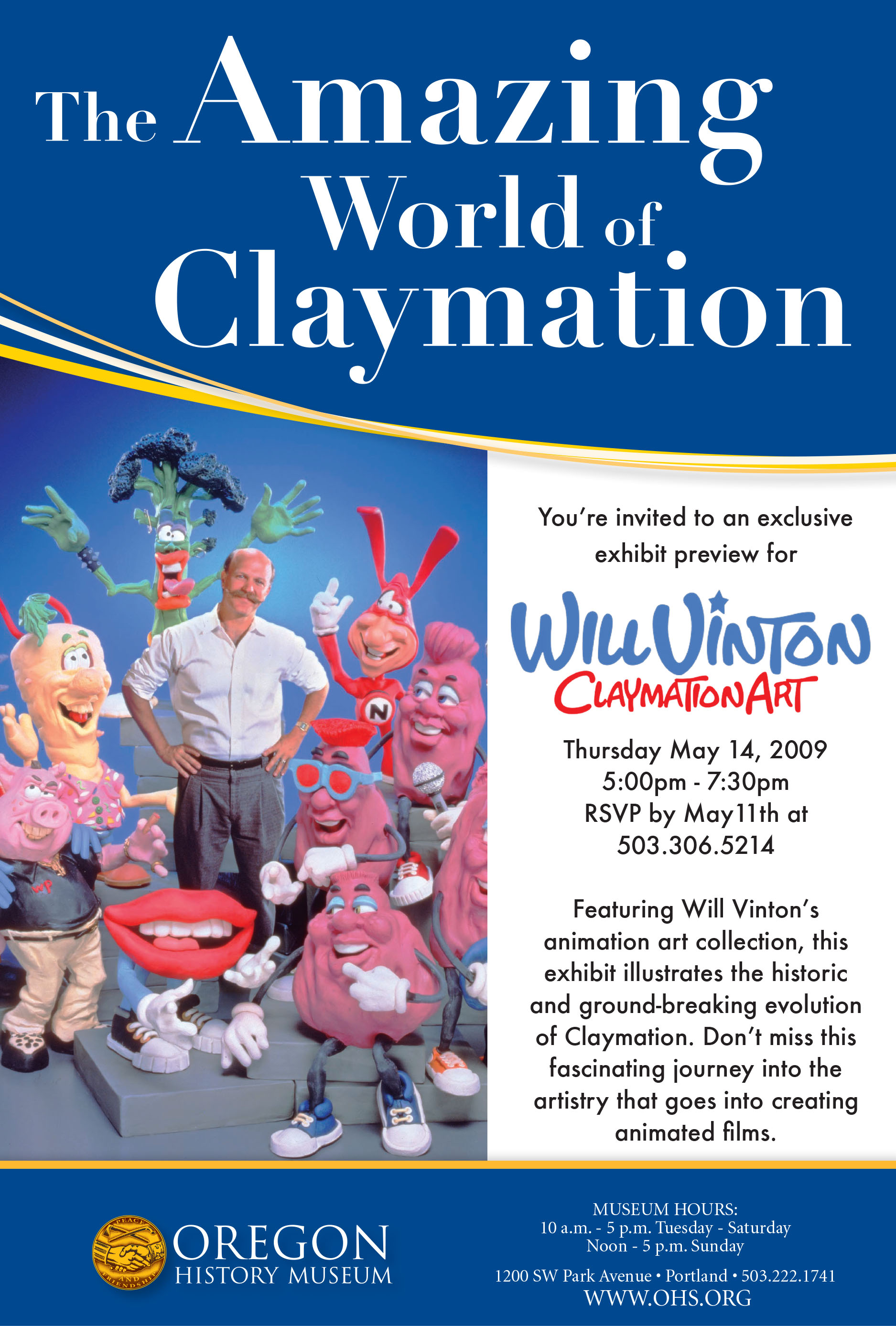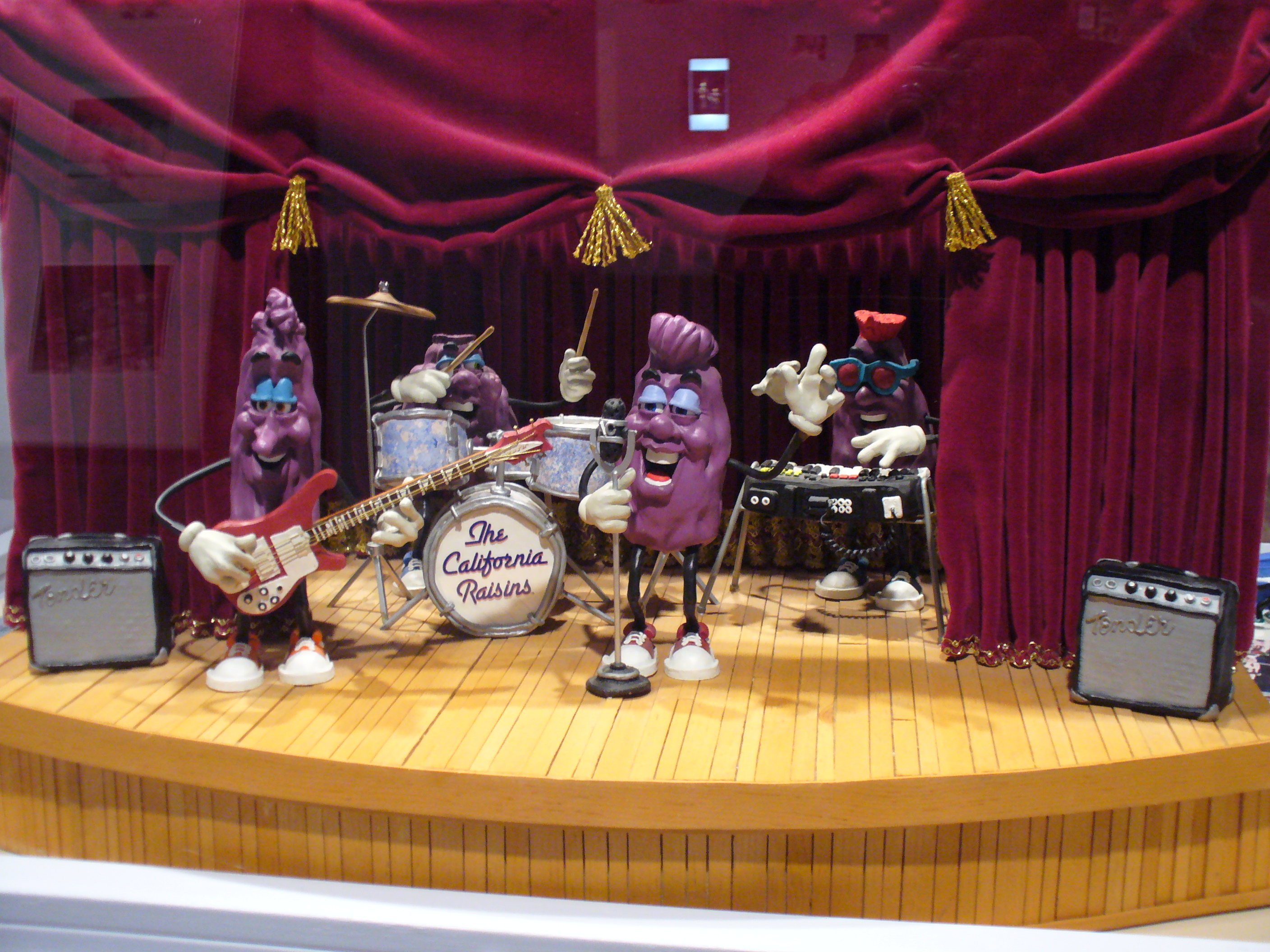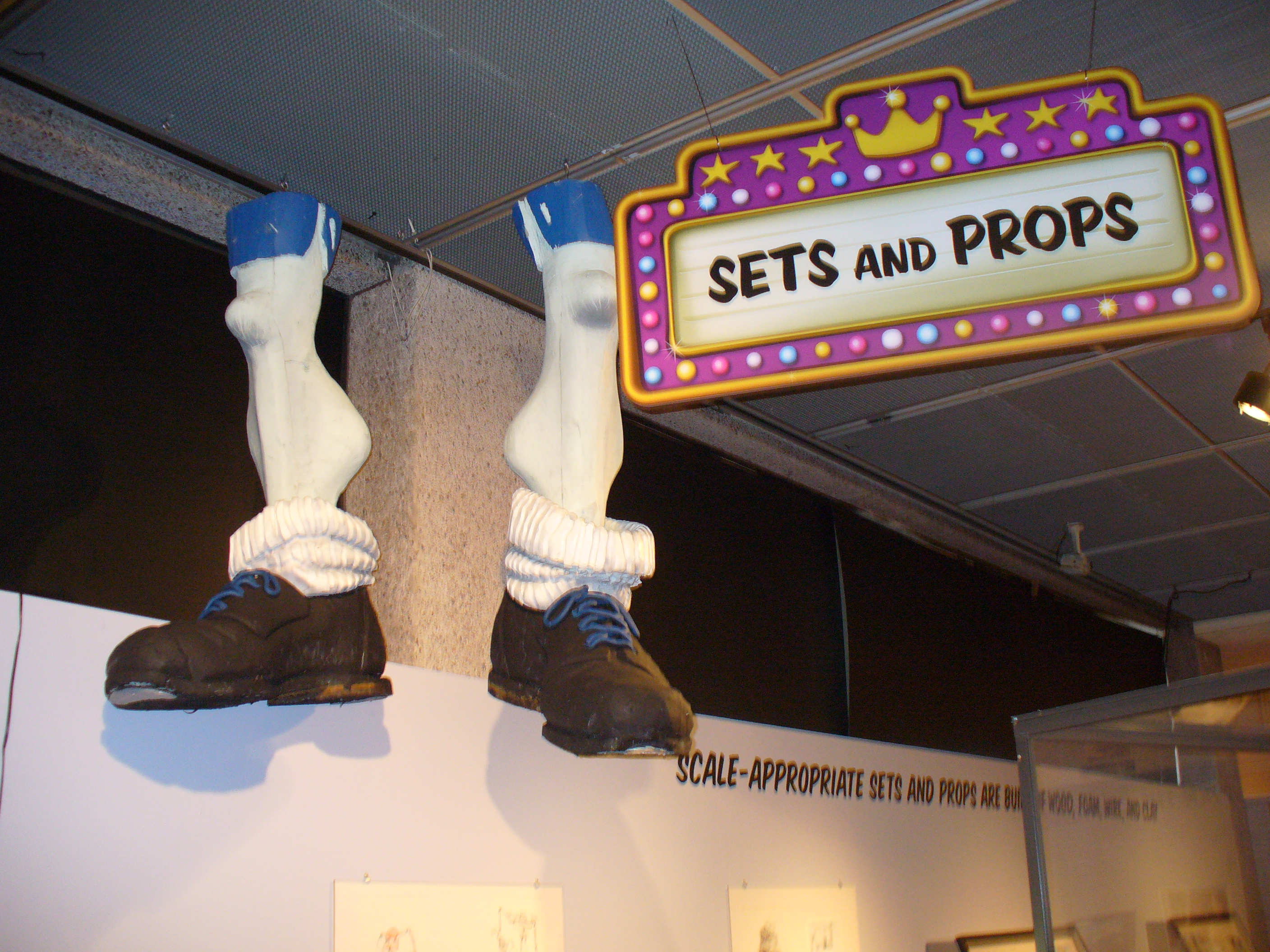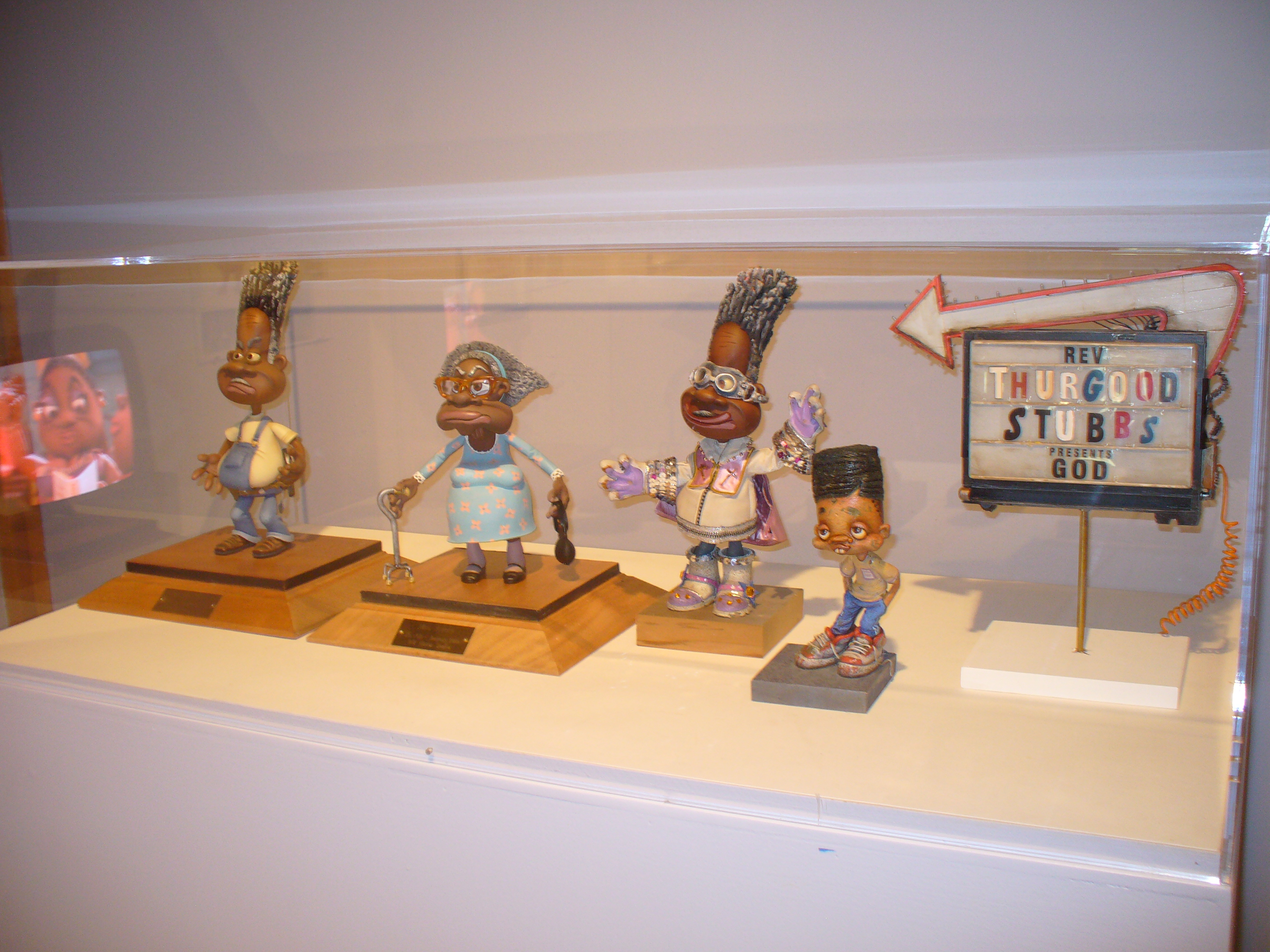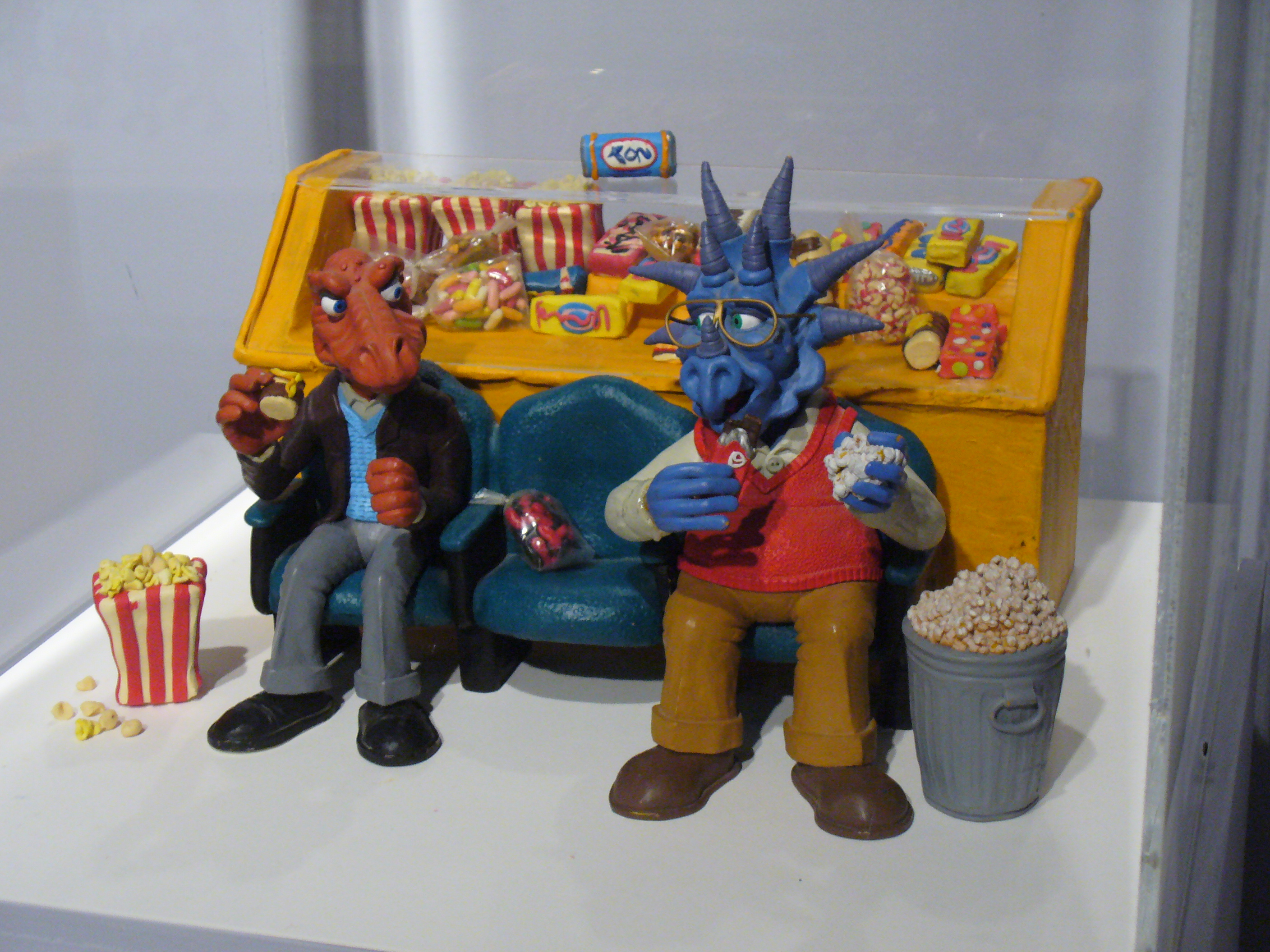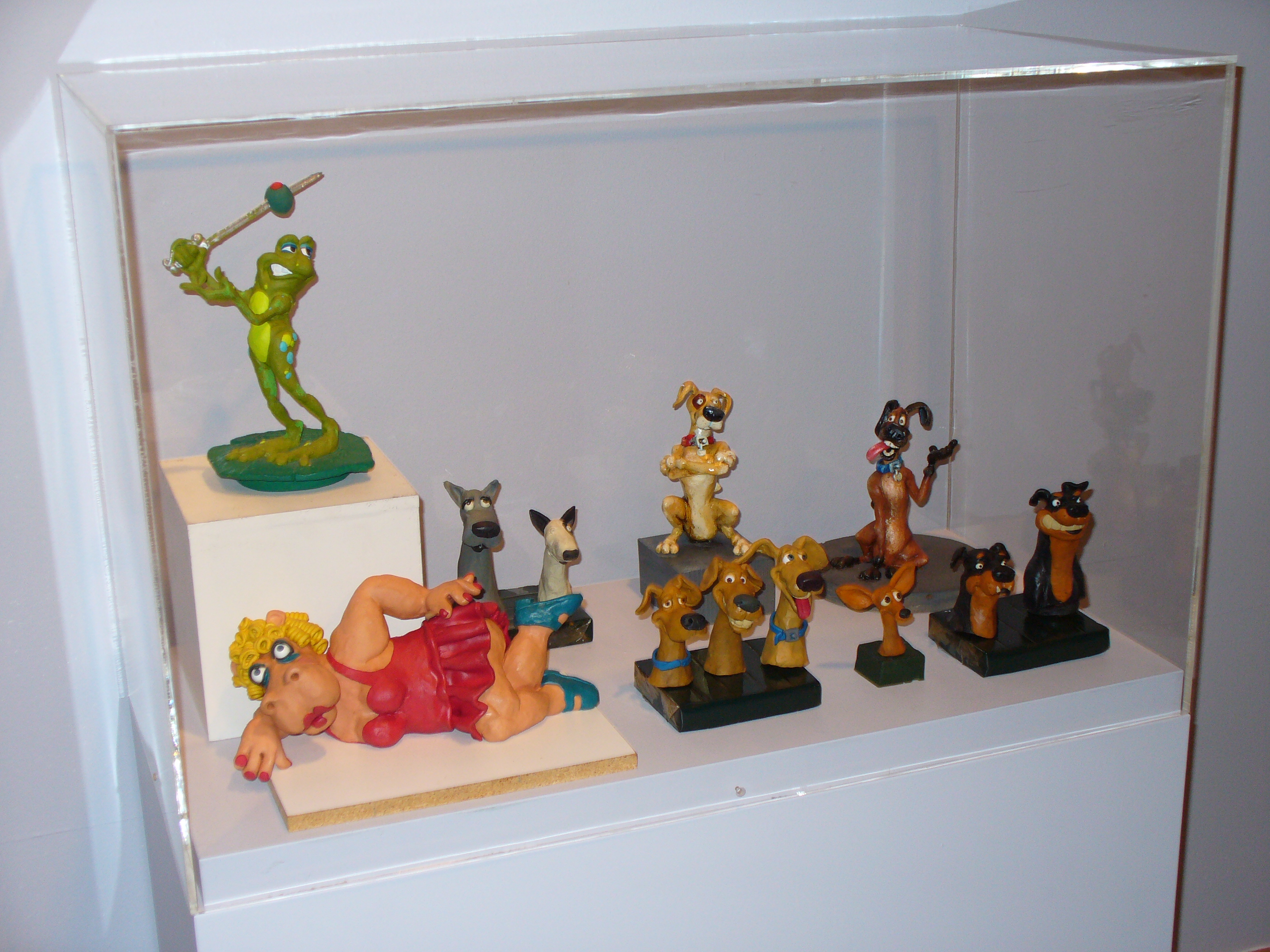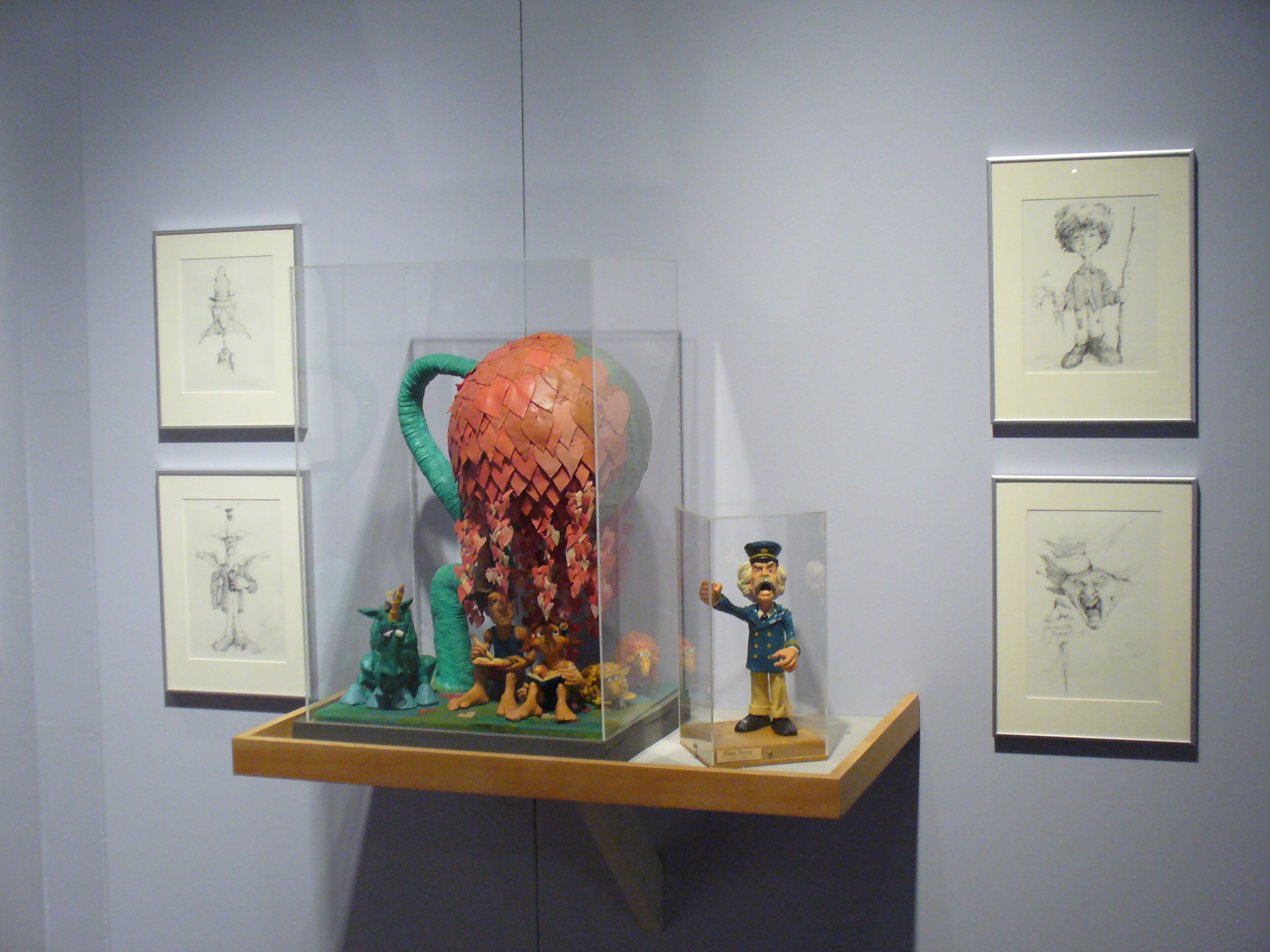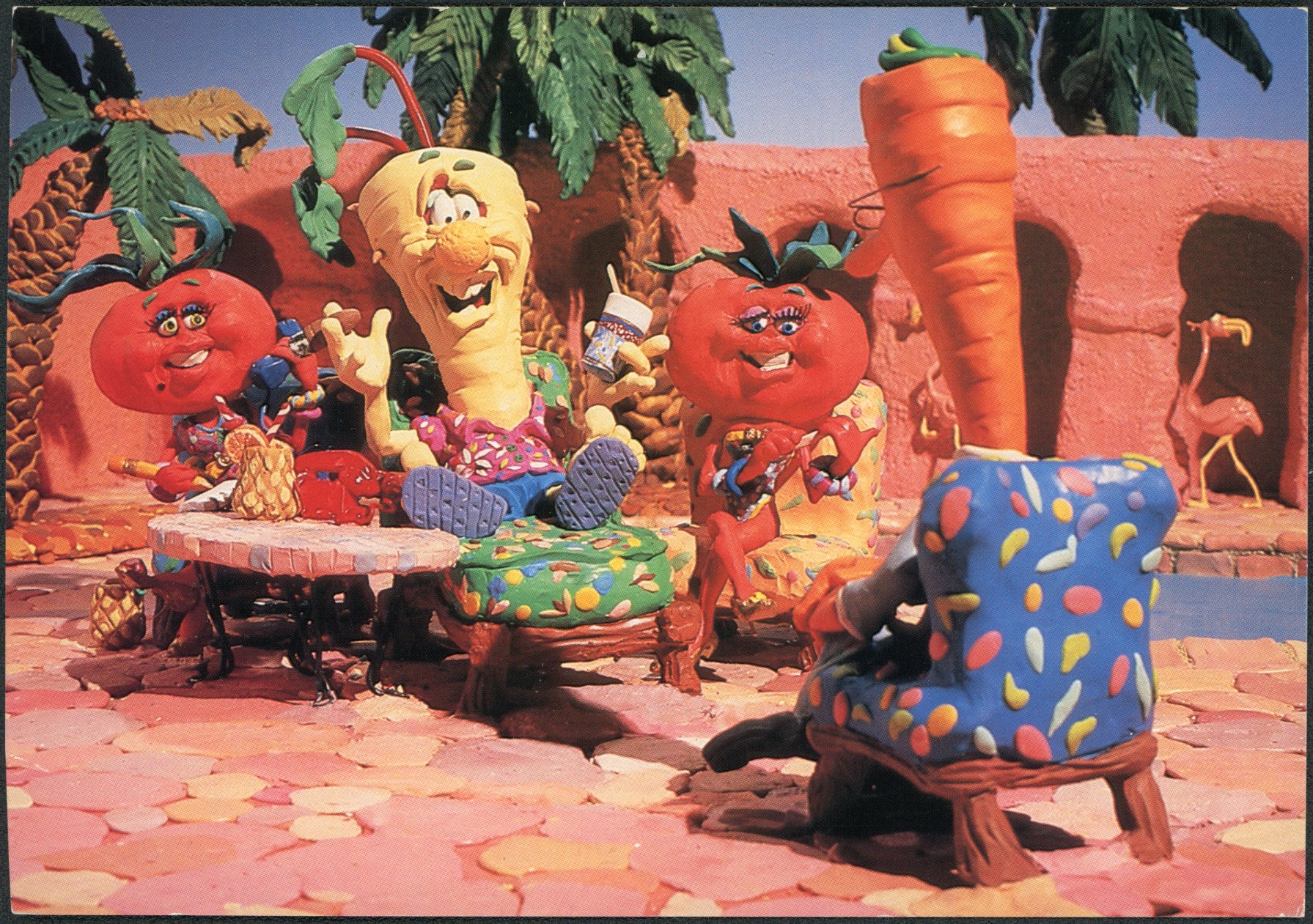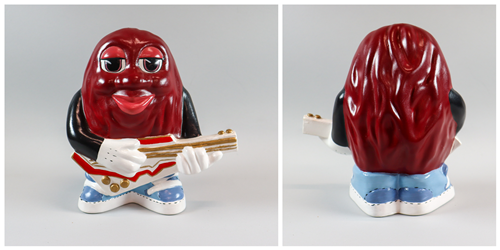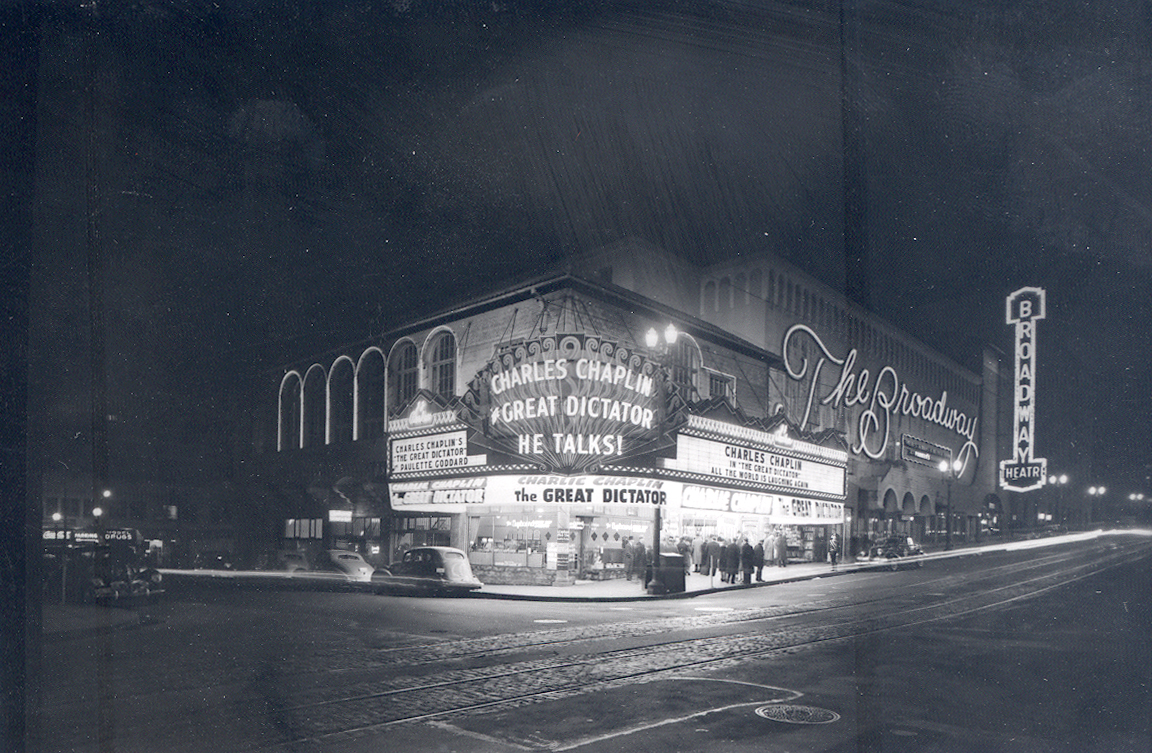Will Vinton, the first person born in Oregon to win an Academy Award, revitalized the art of clay-based stop motion animation using Claymation, as he called it, to achieve significant critical and commercial success. He created and designed some of the most enduring commercial mascots of the 1980s and 1990s, including the California Raisins. Through Will Vinton Studios, he had a profound influence on Oregon’s filmmaking community and established a destination studio that employed hundreds of animators, technicians, and filmmakers. Many of the animation alumni of Will Vinton Studios went on to further revolutionize and populate the industry. Vinton was also the founder of what became Laika Studios.
William Gale Vinton was born in McMinnville on November 17, 1947. He graduated from McMinnville High School in 1966 and attended the University of California, Berkeley, where he studied architecture. After graduating in 1970, he moved to Portland.
In 1973, Vinton and Berkeley classmate Bob Gardiner began working on a short film using clay-based stop motion animation, a technique that dates to the earliest years of silent films but that languished after 2-D cel animation was invented in 1914. After nearly a year of production, which entailed building elaborate miniature sets filled with moldable clay models that were photographed after each movement, they completed Closed Mondays, an eight-minute film that follows the fantastic journey of an inebriated patron in an art gallery. Though rejected by the Northwest Film Festival, the film found an audience in regional distribution and won an Academy Award for Best Animated Short Film in 1975, beating out Disney and other established studios.
That success led to the founding of Will Vinton Production in Portland in 1975 (incorporated as Will Vinton Studios in 1984), which employed a team of filmmakers who used clay in the labor-intensive animation process for both commercial and artistic projects. Vinton received the trademark for the term “Claymation” in 1978. Within two years, the studio supported six fulltime employees with a steady production schedule that included promotional material for Bette Midler, an adaptation of The Little Prince, and a short “ecology film” for Georgia-Pacific.
In 1985, Vinton and his wife Susan Shadburne released their most ambitious feature, The Adventures of Mark Twain, to some critical acclaim but little commercial success. Certain segments in the moody and surreal film attained cult status in later years, finding a new audience and appreciation on the Internet.
The following year, Vinton made his greatest cultural impact with the creation of the California Raisins, an animated singing group of the eponymous fruit. The Raisins were a phenomenon throughout the 1980s, starring in commercials and full-length television specials. In recognition of the Raisins’ cultural legacy, some of the original models are in the Smithsonian’s permanent collection.
Vinton’s commercial focus continued with the development of the Domino’s Pizza Noid and the M&M spokescandies. The Noid— a “pizza-ruiner” that audiences were encouraged to “avoid”— spawned multiple follow-up commercials and a video game. By the end of the 1980s, Vinton had won three Emmy Awards and had been nominated for three additional Academy Awards. The studio employed hundreds of people to keep up with the demand.
In the 1990s, Vinton attempted a major expansion of Will Vinton Studios with a refocus on computer-generated animation. He brought in outside investors, including Nike founder Phil Knight, who purchased 15 percent of the company and requested that Vinton hire Knight's twenty-five-year-old son Travis, recently retired from an unsuccessful career as the rapper Chilly Tee and who had just earned a bachelor’s degree from Portland State University. Vinton’s’ primary project from 1999 to 2001 was The PJs, a primetime animated sitcom produced by and starring Eddie Murphy. While The PJ’s never achieved significant commercial or critical acclaim, it remains a prominent example of an animated sitcom voiced by a largely African American cast.
Vinton’s hopes for the studio were dashed by a rapid, unsustainable expansion, mismanagement, and the cancellation of some high-profile projects. He sought additional investment from Phil Knight in 2002. Knight gained control of the company and appointed Travis Knight and former Nike employees to the board. By 2003, Vinton had been forced out of the studio that bore his name and had lost control of his entire body of work and the trademark to Claymation. Despite acrimonious lawsuits and charges against Knight for corporate nepotism, Vinton was unable to regain control of the rebranded Laika Studios. Travis Knight has been CEO since 2009.
Following the loss of his studio, Vinton taught animation at the Portland Institute of Art. He wrote The Kiss, a musical adaptation of “The Frog Prince,” and established a boutique animation studio called Freewill. Vinton was diagnosed with multiple myeloma in 2006 and died in 2018 in Portland. He was survived by his fourth wife Gillian and his three children.
-
![]()
"The Amazing World of Claymation," exhibit at the Oregon Historical Society, 2009.
Courtesy Oregon Historical Society
-
The California Raisins, OHS exhibit, 2009.
Courtesy Oregon Historical Society
-
The Amazing World of Claymation exhibit, Oregon Historical Society, 2009.
Courtesy Oregon Historical Society
-
The animated cast of The PJs, in the OHS Claymation exhibit, 2009.
Courtesy Oregon Historical Society
-
Two of Vinton's Claymation dinosaurs, OHS exhibit, 2009.
Courtesy Oregon Historical Society
-
Some of Will Vinton's creations, OHS exhibit, 2009.
Courtesy Oregon Historical Society
-
From The Adventures of Mark Twain, OHS exhibit, 2009.
Courtesy Oregon Historical Society
-
![]()
Claymation vegetables promoting a showing of Vinton's CBS special "Meet the Raisins," 1988, in NW Portland..
Courtesy Oregon Hist. Soc. Research Lib., photo file 1080
-
![]()
Ceramic California Raisin figurine, 1977-2001.
Oregon Historical Society Museum Collection, 2022-43.59
Related Entries
-
![Oregon and the Film Industry]()
Oregon and the Film Industry
Early Filmmaking in Oregon Motion pictures debuted in Oregon in 1894 w…
Map This on the Oregon History WayFinder
The Oregon History Wayfinder is an interactive map that identifies significant places, people, and events in Oregon history.
Further Reading
Crockett, Zachary. “How the Father of Claymation Lost His Company.” Priceonomics (2014). priceonomics.com/how-the-father-of-claymation-lost-his-company/.
Mahar, Ted. “Claymation in Portland.” Sunday Oregonian, June 15, 1980, p. 12nw
Killen, John. “Past Tense Oregon: Will ‘Wild’ Join the List of Oregon’s Academy Award Winners?” Oregonian, February, 20, 2015. https://www.oregonlive.com/history/2015/02/past_tense_oregon_will_wild_jo.html.
Slade, Eric. “The Portland DIY Clay Experiment That Changed Animation Forever.” Oregon Public Broadcasting, April 25, 2017.
Samiljan, Tom. “Animator Will Vinton: Moving Violation” Ad Age, March 1, 1999. https://adage.com/article/people-players/animator-vinton-moving-violation/93088
Vondersmith, Jason. “Will Vinton mastered the model for creative life” Portland Tribune, January 29, 2018. https://pamplinmedia.com/pt/11-features/385314-274315-will-vinton-mastered-model-for-creative-life

